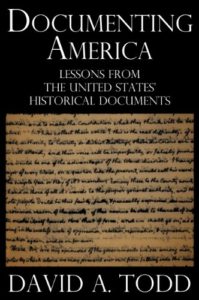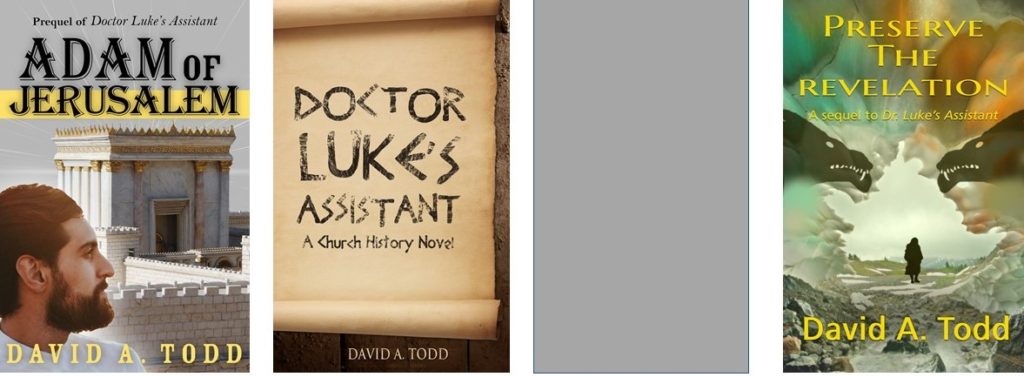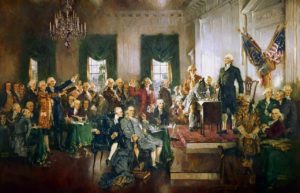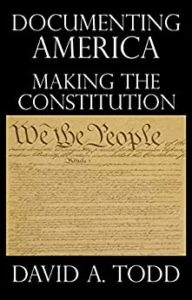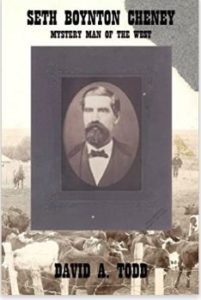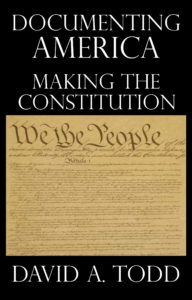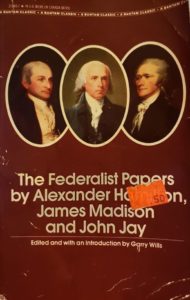How many times have I seen something like that on Facebook? That’s my only social media platform. I assume it happens on other platforms also. I saw statements like that about ten times on Wednesday, January 6, 2021. Let me set my scene for you.
My morning was as normal. Up around 6:45, down to The Dungeon with coffee. Devotions and prayer. Then I go through the whatever is new on the few blogs I read, mainly writing blogs. I checked e-mail and read an article on Yahoo Finance. I went through my Facebook news feed to see if the world had blown up while I had been sleeping. By then it was time to start my trading day. I didn’t have much planned; I think I made one trade. Wrote maybe 1,000 words on my novel. I did a little decluttering. I think I found a couple more items from our Kuwait years, transcribed them then put them in the collated file. At that point I went upstairs, got my third mug of coffee, and went out to the sunroom earlier than normal. At this point I checked Facebook again, then started my reading. I think that was 11:30 a.m. or 12 Noon CST. When I came upstairs my wife didn’t have TV on, or if she did it wasn’t on daytime news.
I alternately read and checked my cell phone as it dinged and vibrated. Several friends had posted that a mob had attacked and occupied the Capitol in Washington DC. But I elected not to go watch the news since early reports are so often erroneous or exaggerated. I read what was going on. Soon I began to see statements similar to the title of the post. The statement is usually made this way:
If you think this is ok, let me know right now so I can unfriend you.
If you think this is ok, unfriend me right now.
Sounds reasonable, doesn’t it? A heinous thing is in progress. How can anyone support it? If YOU support it I can’t possibly be friends with you. Some things are just bad enough that’s the only way to respond to them, right?
Well, I want to suggest another path forward.
I responded to one of those on Wednesday, sometime in the early afternoon. One of my friends posted something to the effect, “If you think this is ok, go ahead and tell me so that I can unfriend you.” I assumed by “this” he meant the attack on the Capitol. Some others responded. I responded something like this: “By this I assume you mean the attack on the Capitol? I haven’t seen any news coverage yet, so all I know is what I’m seeing on Facebook. But from that it sounds bad. I condemn this violence based on what I’ve heard so far. But tell me, why the passive aggressive approach to this?”
As I wrote that, I envisioned a dialog between him and me where I laid out this alternative approach. Depending on his response, I planned to lead into this series of questions:
“Do you want the world and our nation to be a better place?” I would assume his answer would be yes. I mean, who wants the world to be a worse place. That’s almost an insulting question.
“Do you feel that you have any responsibility, any role to play, any work to do toward the end of making the world and our nation a better place?” Again, the answer would be an obvious yes. No one would say “I want the world to be a better place but others must do the work, not me.”
“What do you feel is your role in making the world and our nation a better place?” This answer would vary, of course, but would no doubt have a number of tasks: be a good husband and father, pay my taxes, live peacefully with all men, work to fight injustice,” etc. The list could go on with both general and specific tasks that a person might feel are their responsibility toward building a better world and nation.
At that point I would shift to a statement. “I assume you believe that those who attacked the Capitol are making the world and the U.S. worse, and that those who believe their actions are a good thing are also making the world worse. But tell me, if you unfriend such a person, cut off all dialog with them, are you not reducing your potential to reason with them and perhaps change them? I abhor their views and the actions of those they seem to be supporting, but I will not cut off dialog with them. Who knows but that, by a few well-placed and carefully reasoned statements, I could help them see another way of thinking and maybe change them.”
Now, I’m not naïve enough to believe that I can change the heart of an individual so calloused that they would turn in an instant from being in favor of violence to be a peacemaker. But I can nudge them. By several such nudges, by me and others over time, the world could be made a better place. Slowly, one obstinate and misguided person at a time. Yes, I will remain friends with such a person. I will dialog with him or her. Because I believe that makes my task of making the world and our nation a better place.
I never got there with this friend. As I renounced the violence at the Capitol I also renounced the violence of the summer protests. That brought in another person to call me a coward and make many other disparaging remarks. I thought, ah, I’m now dialoging with two people. But, my friend unfriended and blocked me and the dialog ended before it got started. Such is life. I pray the breach may someday be healed.
I had more to say about this, but my post is already too long. I anticipate another post on this, maybe on Friday.


